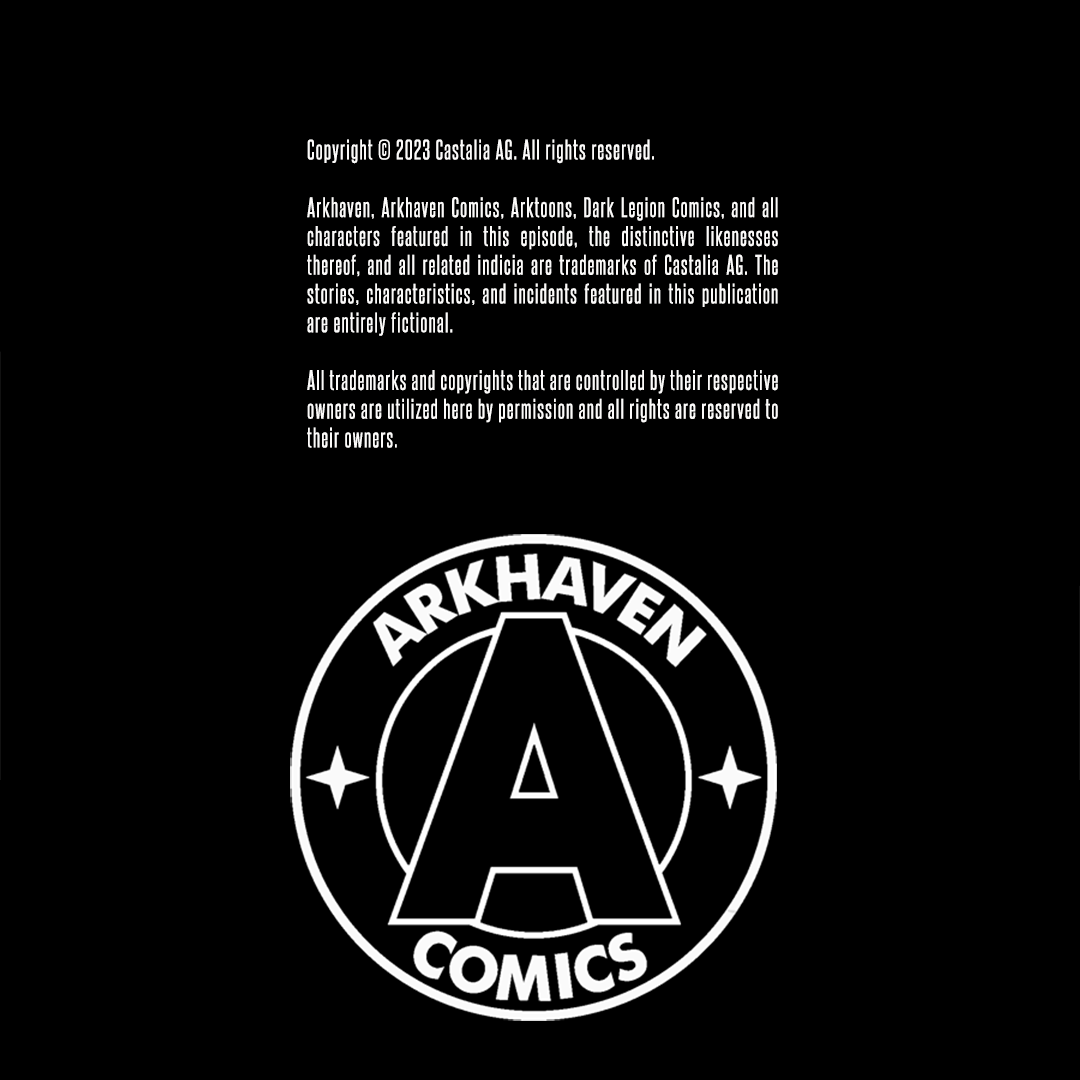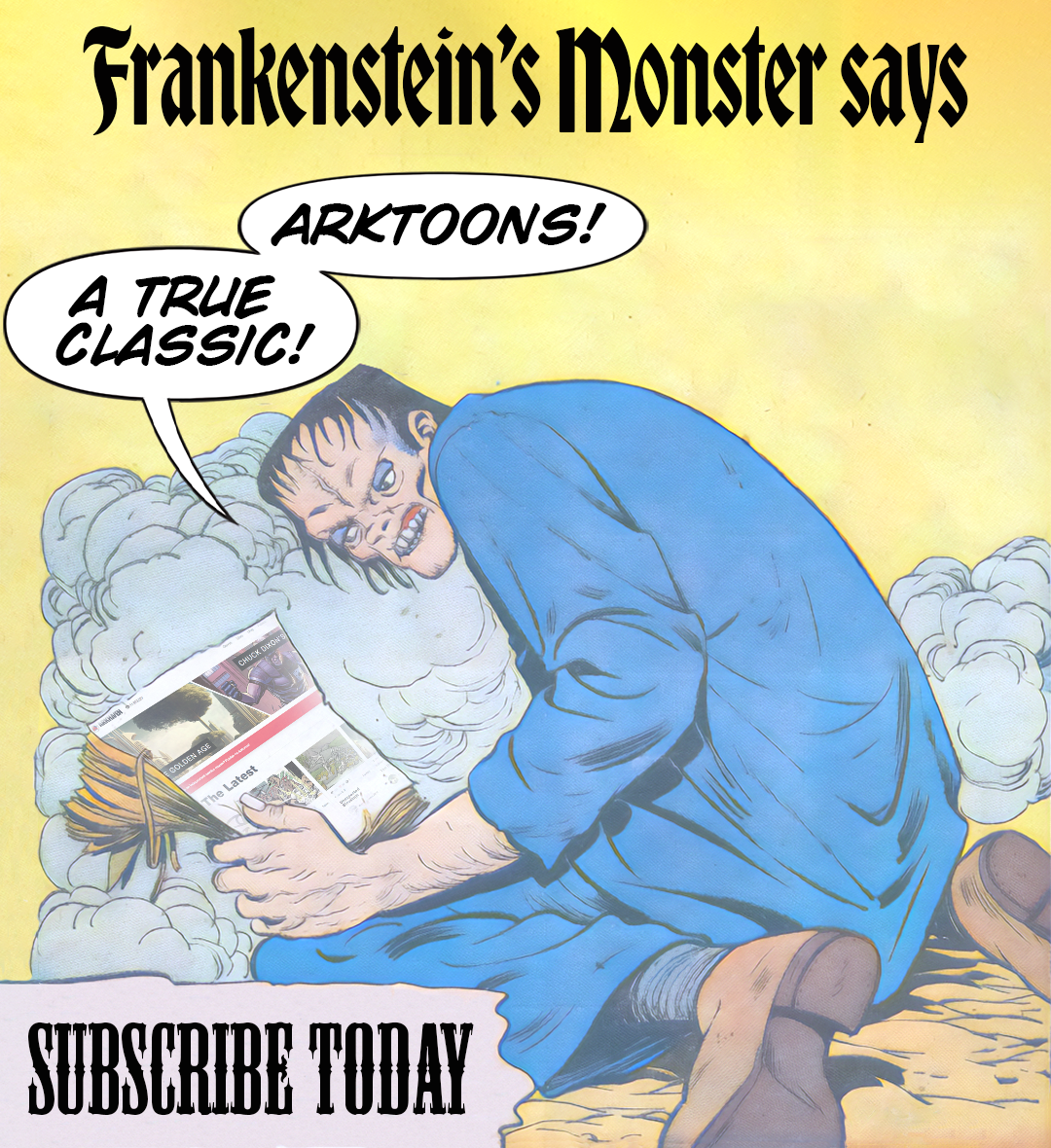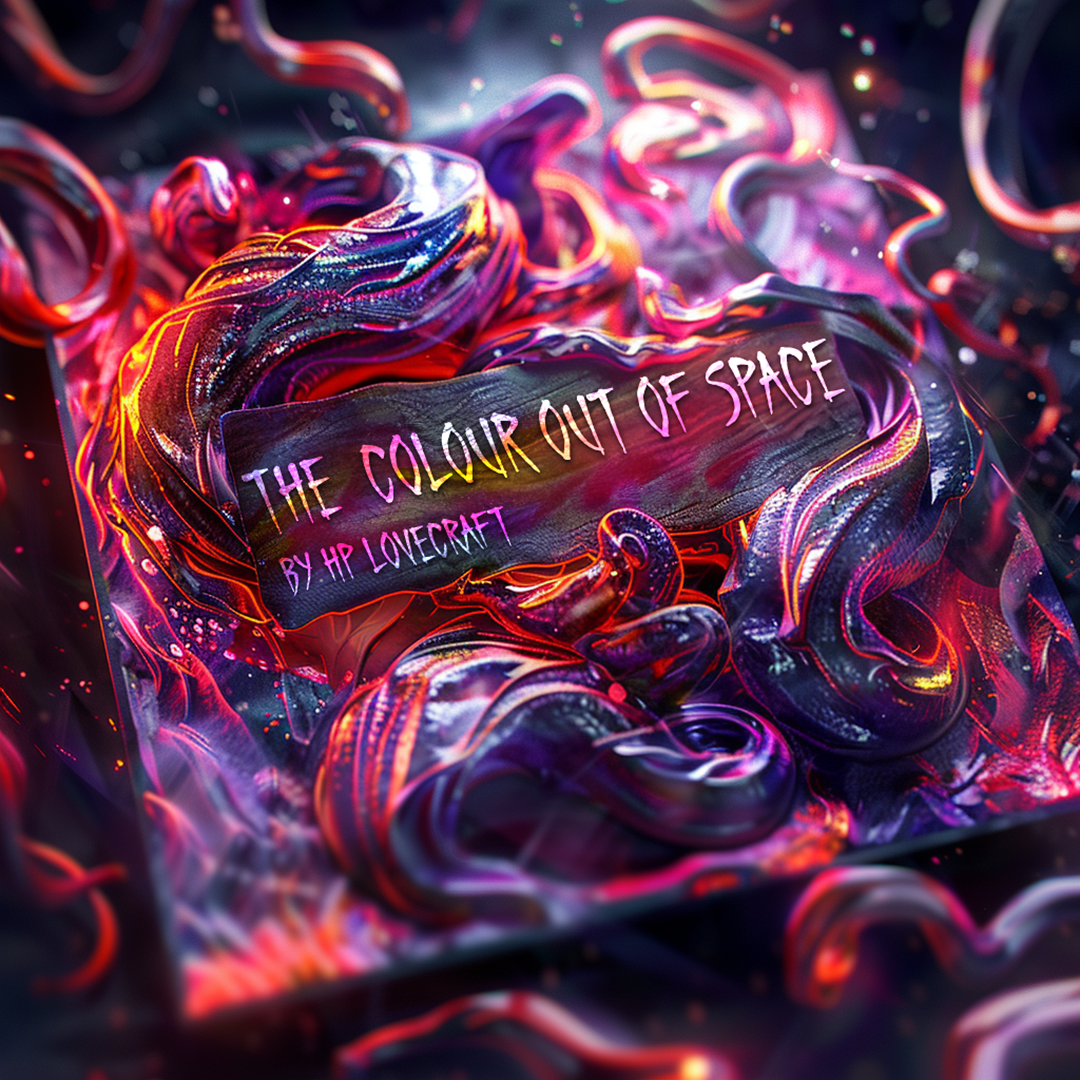
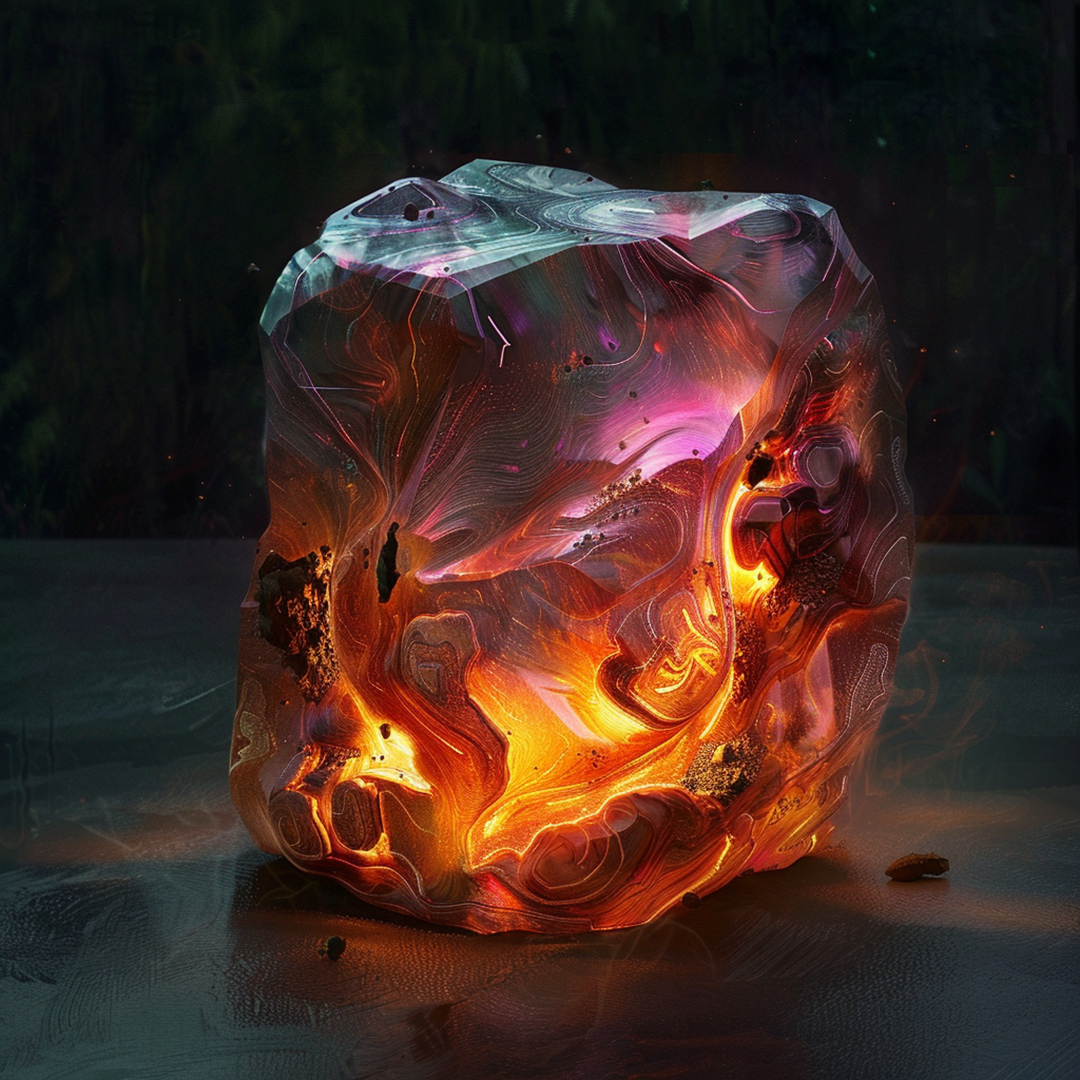
All this the professors told Ammi as they paused at his door, and once more he went with them to see the stony messenger from the stars, though this time his wife did not accompany him. It had now most certainly shrunk, and even the sober professors could not doubt the truth of what they saw. All around the dwindling brown lump near the well was a vacant space, except where the earth had caved in; and whereas it had been a good seven feet across the day before, it was now scarcely five. It was still hot, and the sages studied its surface curiously as they detached another and larger piece with hammer and chisel. They gouged deeply this time, and as they pried away the smaller mass they saw that the core of the thing was not quite homogeneous.
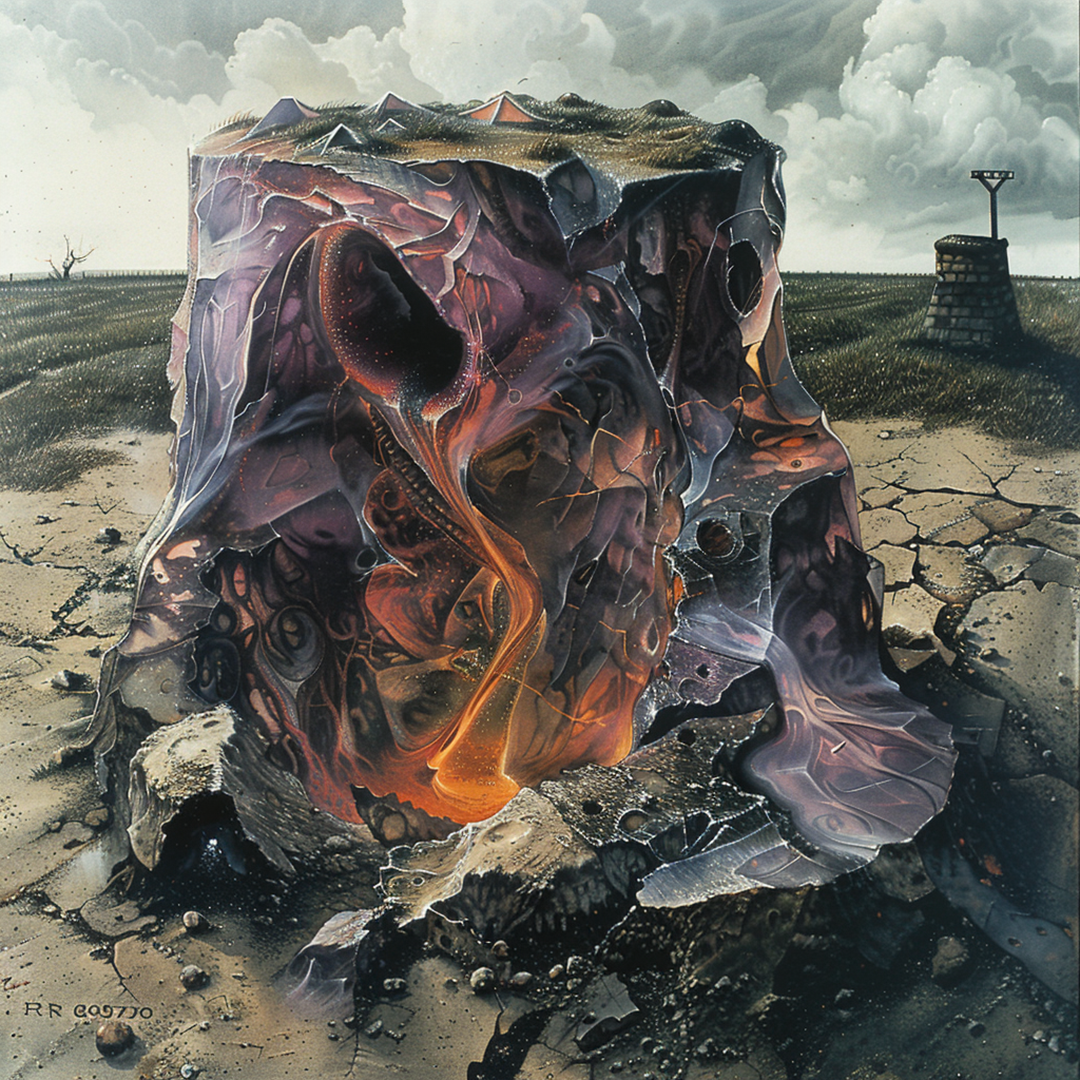
They had uncovered what seemed to be the side of a large coloured globule embedded in the substance. The colour, which resembled some of the bands in the meteor's strange spectrum, was almost impossible to describe; and it was only by analogy that they called it colour at all. Its texture was glossy, and upon tapping it appeared to promise both brittleness and hollowness. One of the professors gave it a smart blow with a hammer, and it burst with a nervous little pop. Nothing was emitted, and all trace of the thing vanished with the puncturing. It left behind a hollow spherical space about three inches across, and all thought it probable that others would be discovered as the enclosing substance wasted away.
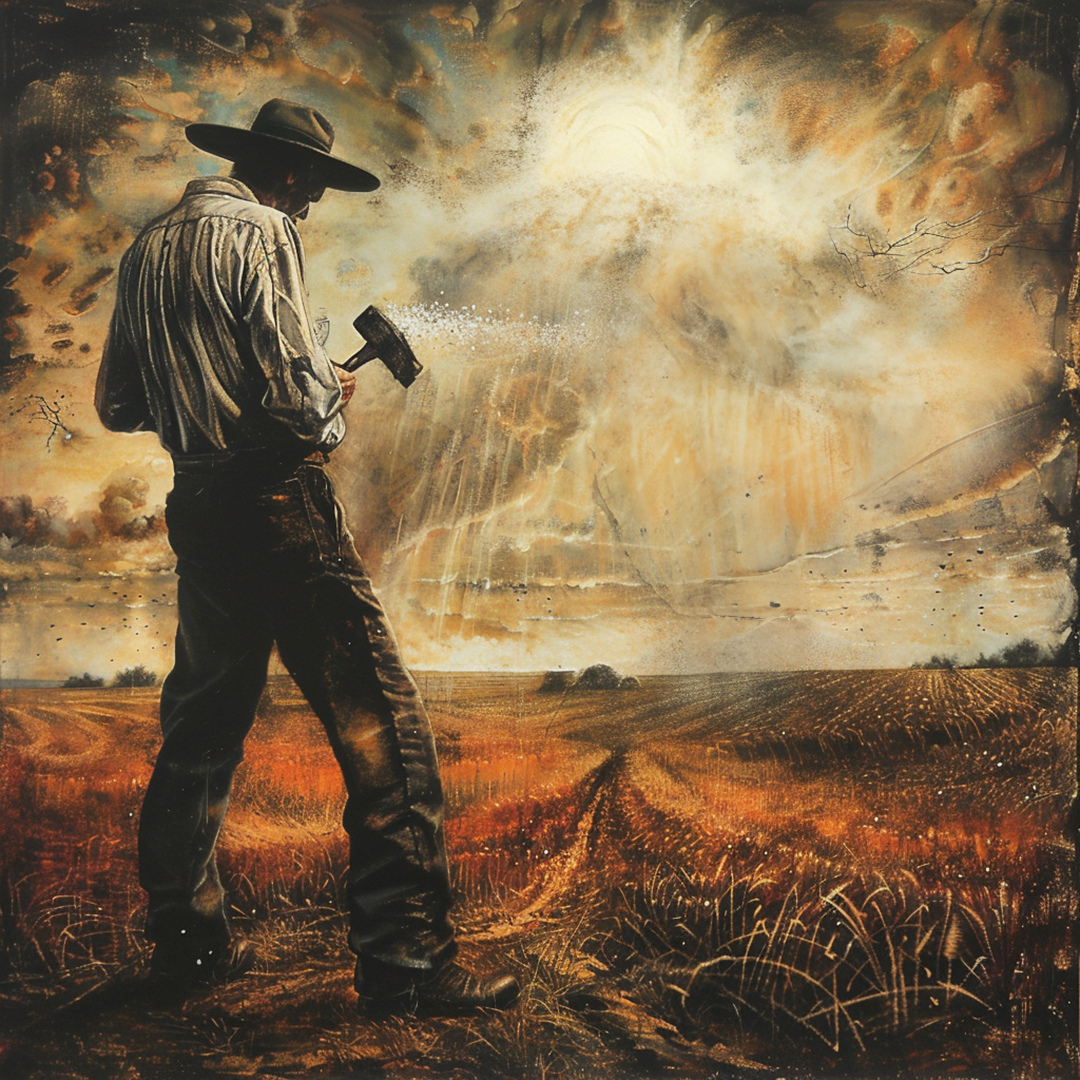
Conjecture was vain; so after a futile attempt to find additional globules by drilling, the seekers left again with their new specimen—which proved, however, as baffling in the laboratory as its predecessor. Aside from being almost plastic, having heat, magnetism, and slight luminosity, cooling slightly in powerful acids, possessing an unknown spectrum, wasting away in air, and attacking silicon compounds with mutual destruction as a result, it presented no identifying features whatsoever; and at the end of the tests the college scientists were forced to own that they could not place it. It was nothing of this earth, but a piece of the great outside; and as such dowered with outside properties and obedient to outside laws.
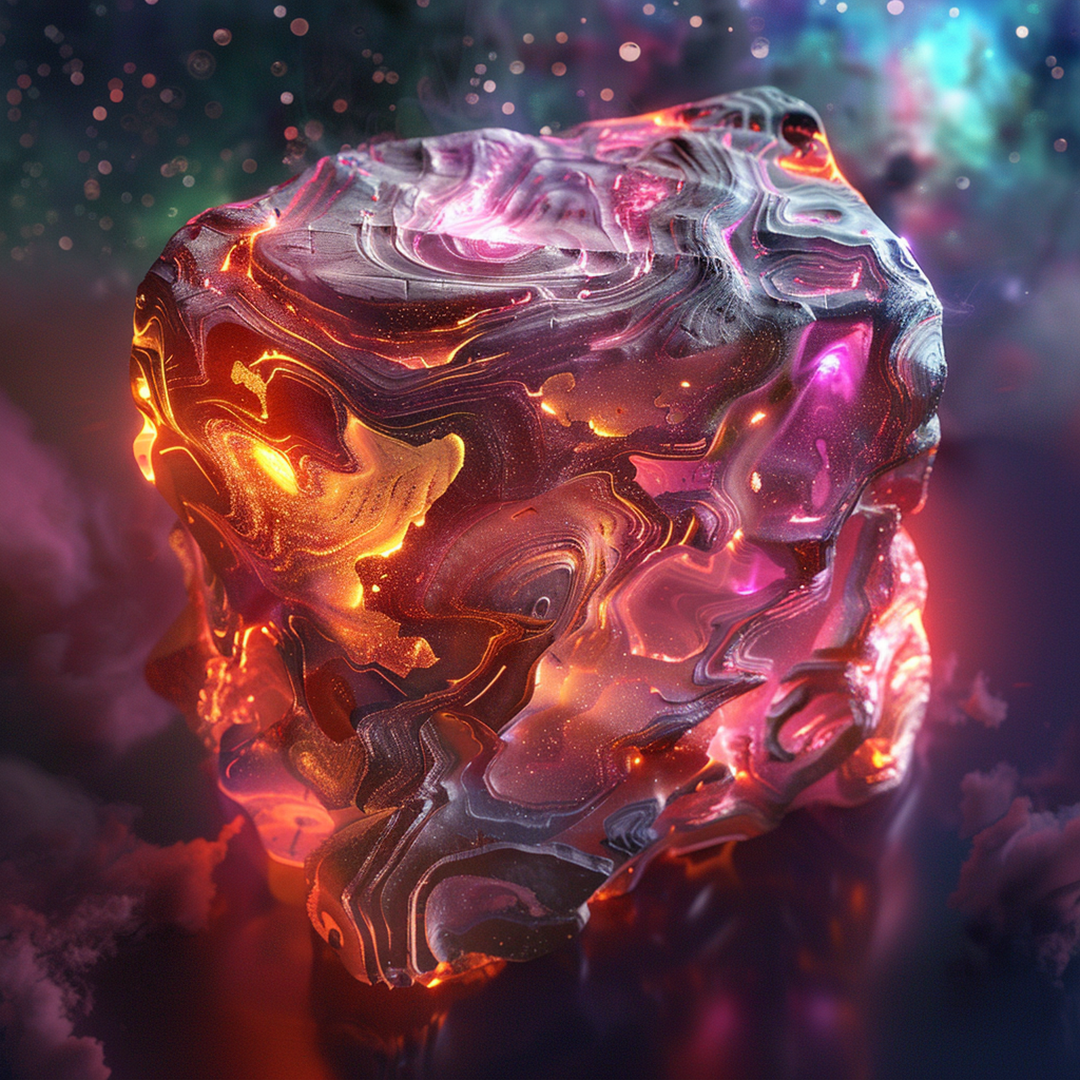
That night there was a thunderstorm, and when the professors went out to Nahum's the next day they met with a bitter disappointment. The stone, magnetic as it had been, must have had some peculiar electrical property; for it had "drawn the lightning," as Nahum said, with a singular persistence. Six times within an hour the farmer saw the lightning strike the furrow in the front yard, and when the storm was over nothing remained but a ragged pit by the ancient well-sweep, half-chocked with caved-in earth. Digging had borne no fruit, and the scientists verified the fact of the utter vanishment. The failure was total; so that nothing was left to do but go back to the laboratory and test again the disappearing fragment left carefully cased in lead. That fragment lasted a week, at the end of which nothing of value had been learned of it. When it had gone, no residue was left behind, and in time the professors felt scarcely sure they had indeed seen with waking eyes that cryptic vestige of the fathomless gulfs outside; that lone, weird message from other universes and other realms of matter, force, and entity.
